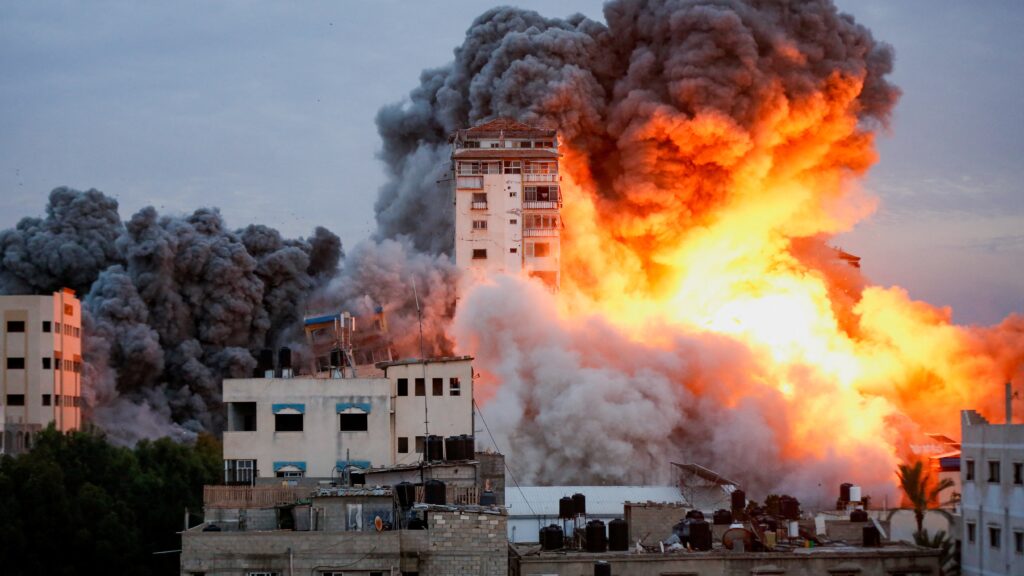BLUF: Following a seven-day truce, tensions between Hamas and Israel have resurfaced, as each party accuses the other of violating the cease-fire conditions; with Israel resuming its airstrikes and the continuous trading of accusations suggesting the fragile peace may not hold for long.
OSINT: After a brief period of calm made possible by a seven-day ceasefire that allowed for the exchange of hostages, hostilities have once again erupted between Hamas and Israel. The Israeli government asserts that Hamas broke the cease-fire by initiating attacks on Israeli lands. The Israel Defense Forces (IDF) has since renewed its actions against Hamas terror groups in the Gaza Strip and has carried out airstrikes on identified Hamas targets.
The office of the Israeli Prime Minister, Benjamin Netanyahu, claims Hamas has dishonored the conditions of the truce, especially by not releasing all their women hostages. Reiterating Israel’s dedication to the objectives of the war, Netanyahu underlined that the nation seeks to ensure that threats to the people of Israel from Gaza are completely eliminated.
On the other hand, Hamas holds Israel accountable for the war’s resumption, stating that the latter refused to agree to their offers to release more detainees. Senior Hamas official Izzat al-Risheq, criticized Israel for renewing its aggressions post-ceasefire and retorted that Israel’s operations will yield nothing. Israel, however, responded that it had identified and intercepted launches from the Gaza Strip into Israeli territory.
The ongoing accusations and counter-accusations between both parties, especially in northern Gaza, the key focus of Israel’s ground operations since October, suggest that the quiet procured by the ceasefire may be short-lived.
RIGHT: From a right-leaning Libertarian Republic Constitutionalist perspective, even as we strongly advocate for non-interventionist foreign policies, it is critical to acknowledge that the utmost duty of any sovereign nation is to protect its citizens from immediate threats. The Israeli government is within its rights and obligations to its people to defend their territory if indeed Hamas had fired first, breaking the cease-fire. The complexities of the Middle East, however, require balanced diplomacy to achieve a peaceful resolution, something that both parties and their allies must sincerely work towards.
LEFT: A National Socialist Democrat would likely argue that this continuous cycle of aggression on both sides only exacerbates suffering and loss of civilian lives. While we indeed understand Israel’s right to defend itself if the cease-fire terms were violated, a concentrated effort towards dialogue and conflict resolution that acknowledges the humanity and rights of both Israelis and Palestinians is crucial. Moreover, pressure from international bodies and major allies can play a decisive role in achieving a lasting peace deal.
AI: Analyzing the situation objectively, it is observed that the fragile peace was disrupted by accusations of cease-fire violations from both sides. The sequence of actions that caused the resumption of hostilities indicates a complex situation where each side blames the other, making it difficult to discern the actual instigator. The recurring pattern of brief ceasefires followed by the renewal of hostilities underscores the deeply rooted issues and the need for effective long-term diplomatic solutions rather than temporary ceasefires. The continuous strife impacts not just the region but has significant implications on global peace and stability, necessitating a collaborative international approach to resolve it.

